This post was inspired by Richard Cornelius with his post on Towards Data Science.
Over the past year of staying home, I’ve picked up cooking.
I cook every day, so since the lockdown, I must have cooked over 100 dishes. Chinese, Malay, Western, Mediterranean dishes. You name it. Chances are I’ve attempted cooking it.
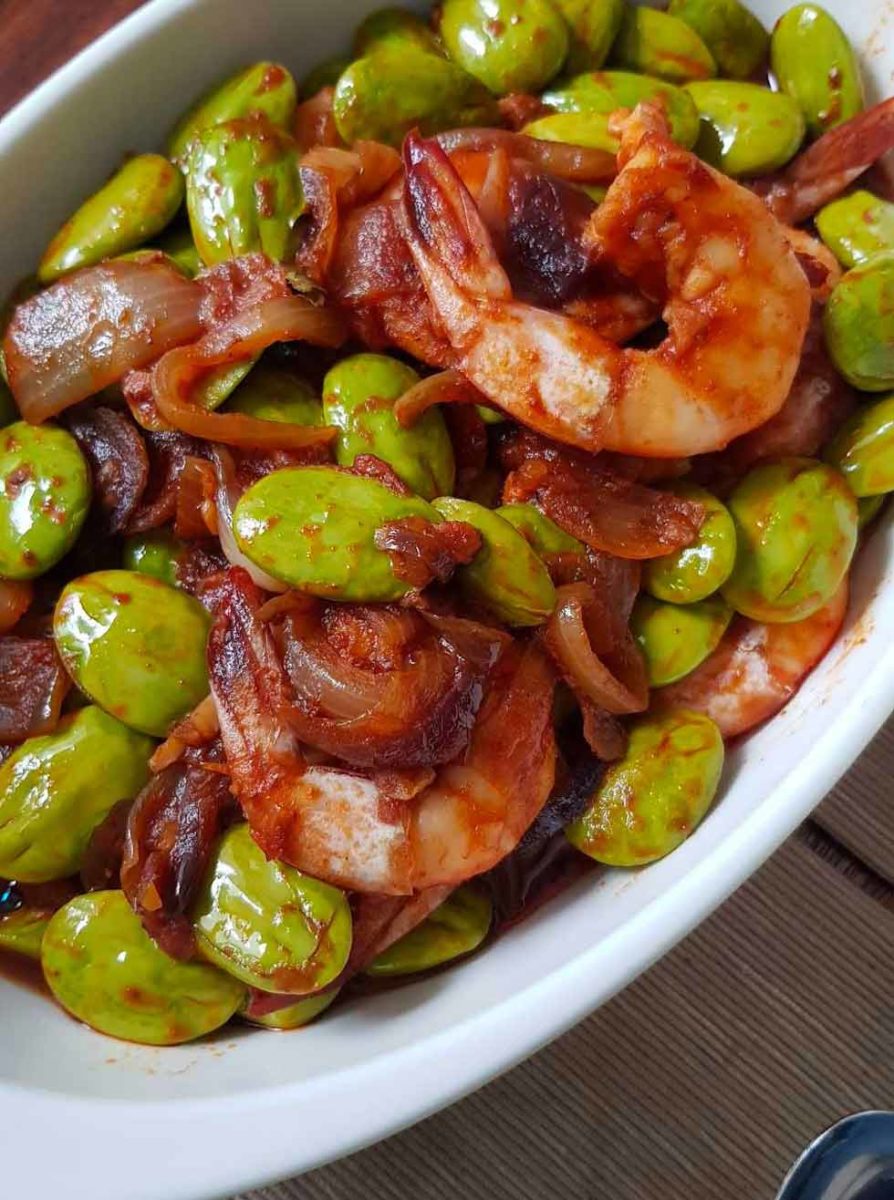 Here’s my rendition of Sambal Udang Petai
Here’s my rendition of Sambal Udang Petai
Here’s what cooking can teach you about learning data science.
1 – A good dish starts with good ingredients.
And when I say ‘good’, I mean a dish that is not only tasty but nutrient-rich as well.
If you’re like me, picky about your food, and have done groceries, you’ll know that there’s a taste difference in broccoli from China vs locally sourced broccoli. Although the same vegetable, the price is also different!
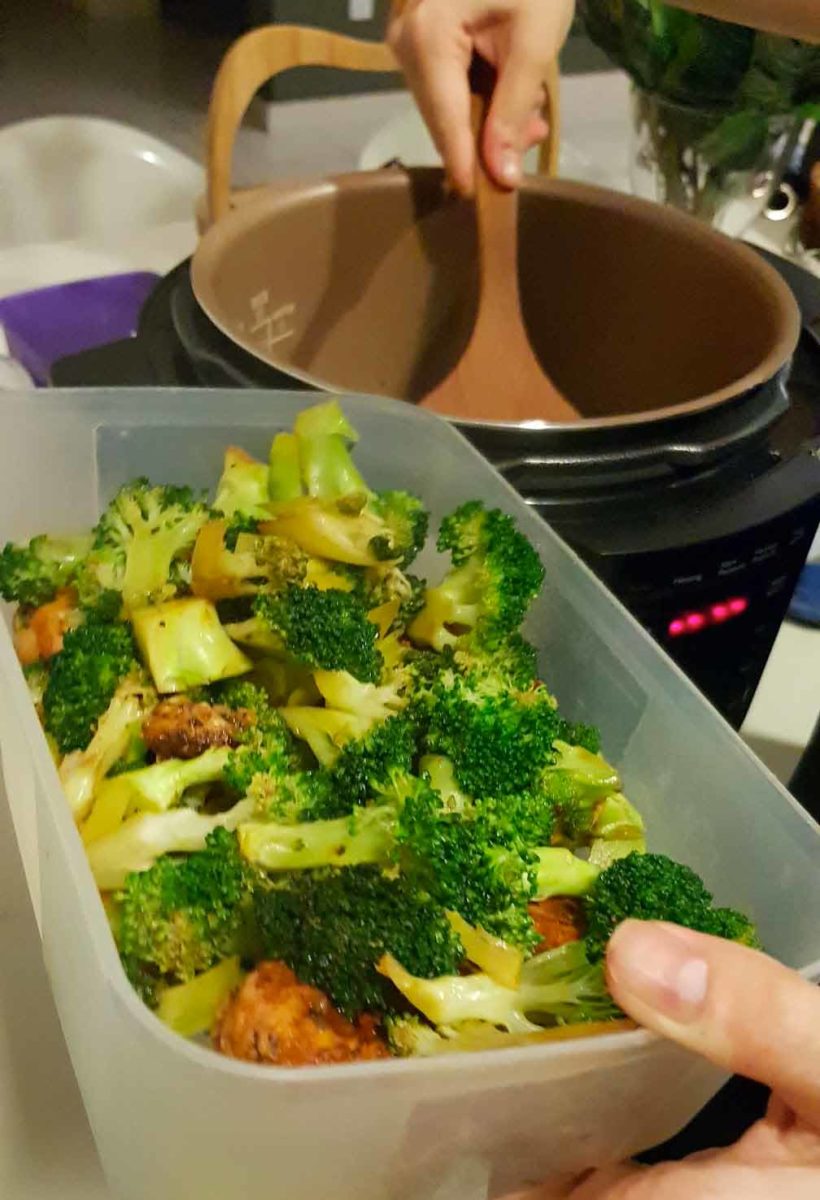 I started off cooking quite boring dishes.
I started off cooking quite boring dishes.
Similarly, the key to a successful data science project, start with having clean data (good ingredients). Poor quality of data will lead to bias results and findings. Without a clean data
One of the biggest struggles for a data scientist is to obtain meaningful data. Not all data fed to you will be useful. You need to know how to clean them.
2 – You’ll spend most of your time preparing ingredients.
When I first began cooking, I would spend hours in the kitchen. Over time, I improved and became more efficient, cutting down the time I spend cooking.
Here’s what I realized. Even when I became more efficient at cooking, I still spend 80% of the time preparing ingredients. The cooking itself usually takes up only about 20% of the time. I’d spend most of the time, carefully cleaning ingredients, chopping, mixing sauces & spices, and preparing ingredients.
With data science, it’s the same. People tend to think that data scientists spend their time building algorithms and designing cool AI models.
Sorry to burst your bubble. Data scientists spend most of their time cleaning data using techniques like feature engineering, data cleaning, and normalization, making sure that their findings and model would be accurate. It may sound boring, but it’s usually the most important process for any data science project.
3 – Different dishes require different techniques.
When I cook steak, I would choose an iron-cast pan for the job. If I’m thinking of having roast chicken for dinner, I’ll use the oven. If I’m cooking scrambled eggs, I would use a wooden spatula and a non-stick pot.
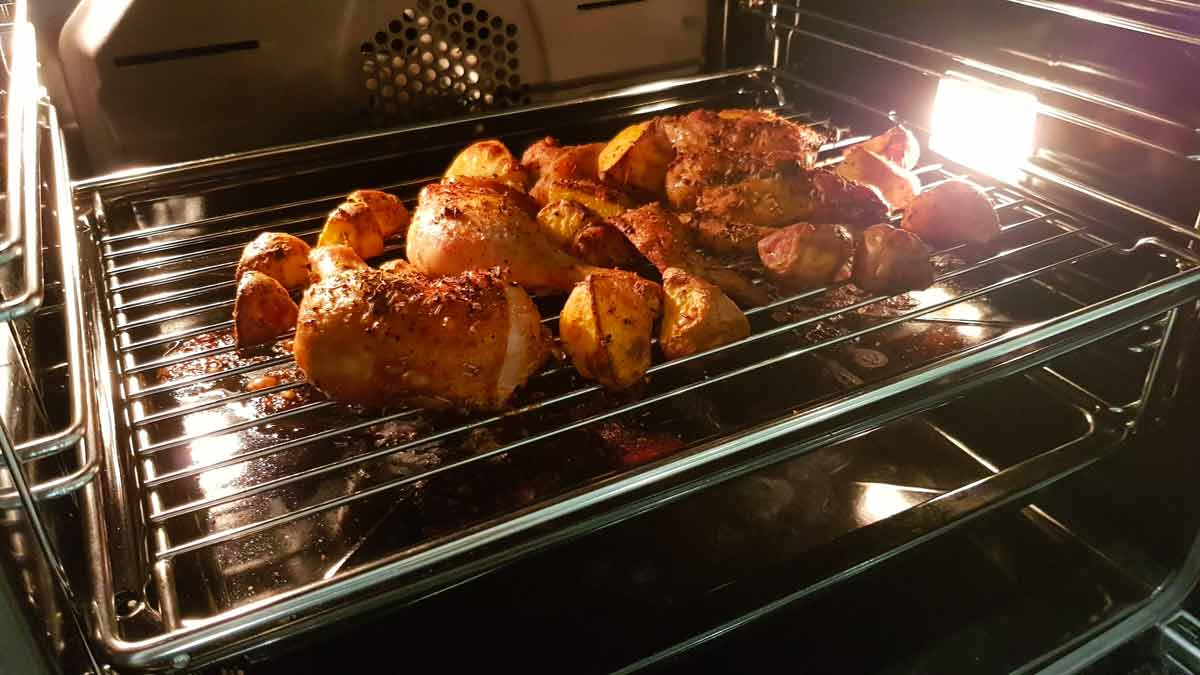 That’s my Cajun chicken fresh out the oven.
That’s my Cajun chicken fresh out the oven.
Similarly in data science, you would use different data science tools & algorithms to solve different problems. This is why learning and mastering a few data science techniques is important. Whether to use classification, regression analysis or clustering, depends on the problem you are looking to solve.
Sure, you can also cook a steak in an oven, but that might give you a different result. And with data science, you might think there are just so many tools and programming languages to learn – from Python, SQL, Google Data Studio, NumPy, and more. But at the end of the day, it simply comes down to using the best tool for the job.
To be a good data scientist, expand your skillset. As we often preach at LEAD, “Be a jack of all trades, and master of some”.
4 – Cooking is a combination of art and science.
When I started cooking, I used to follow recipes. As I got better, I realized that recipes are merely ‘suggestions’. I still follow recipes these days, but then I would improvise the dish with my own ingredients and touches.
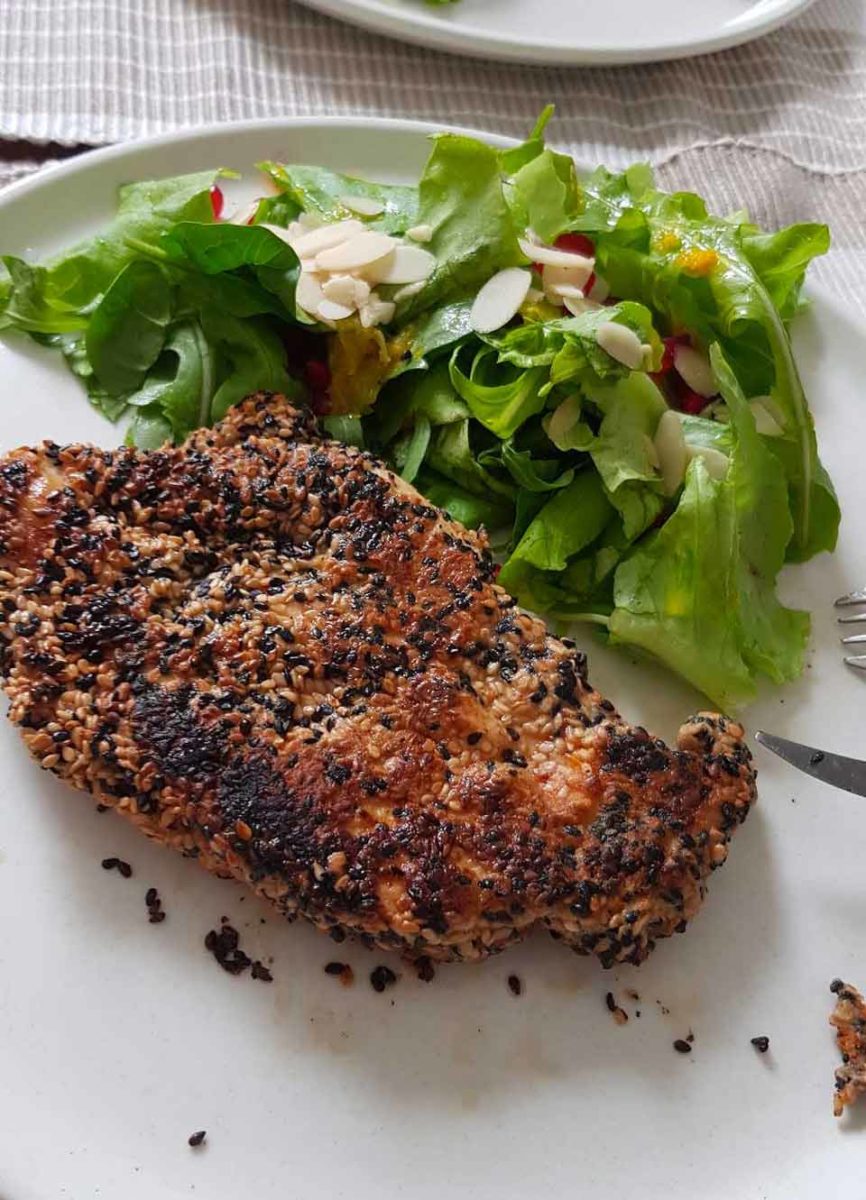 This was a dish I used some creativity on. I swapped flour with sesame seeds to make pan-fried chicken.
This was a dish I used some creativity on. I swapped flour with sesame seeds to make pan-fried chicken.
Sure, data science is a lot of logic. But you also need to bring in creativity to solve complex data problems. Chances are, a data science career isn’t as dull as you might think it is.
5 – You can’t learn to cook by spectating.
I have had my fair share of cooking up tasteless dishes. Overcooked chicken. I even burnt a few pots and pans.
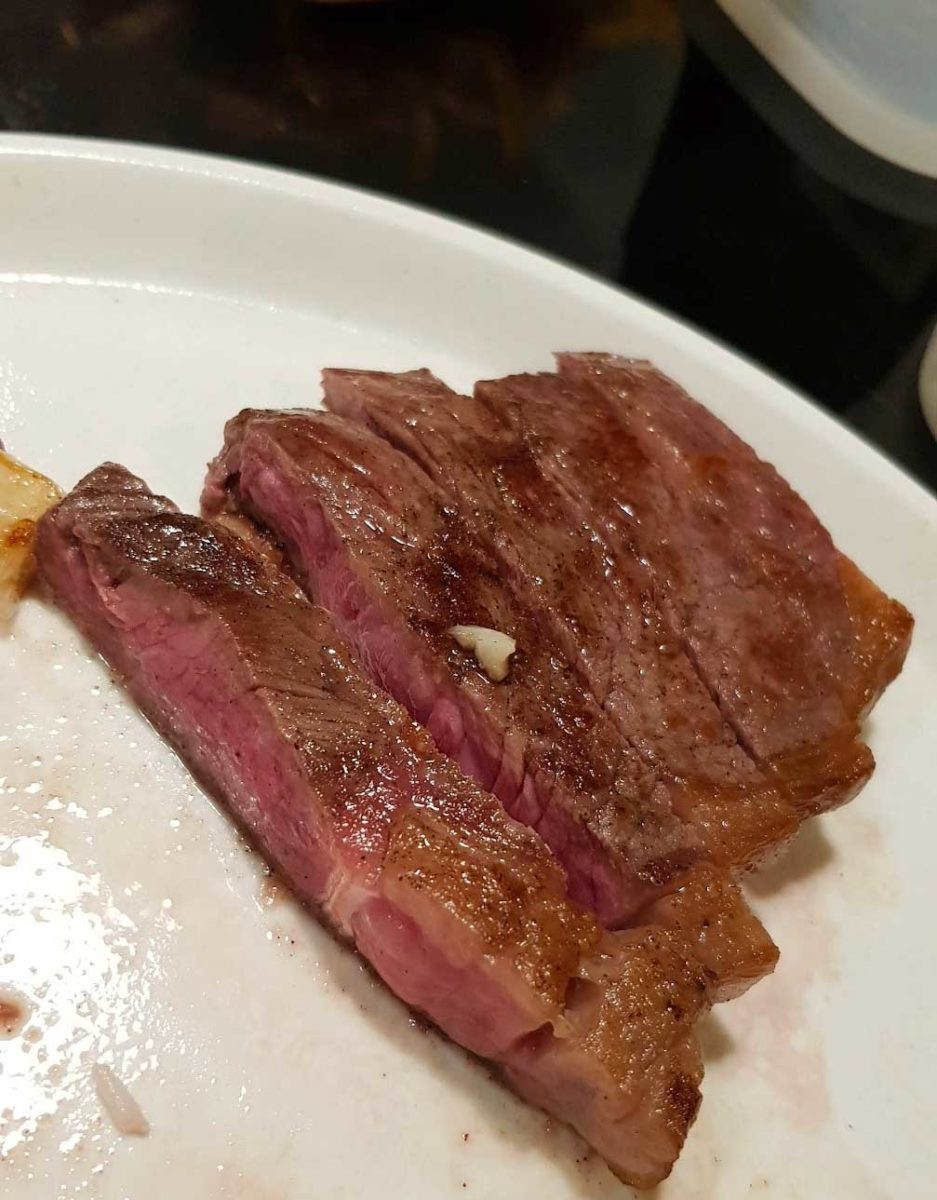 Yeah, the first few steaks I cooked weren’t terrible. Where’s the sear?
Yeah, the first few steaks I cooked weren’t terrible. Where’s the sear?
Similarly, if you want to become a data scientist, you have to get to work. Start working on some data science projects. Get a data set from Kaggle.com or even look at what you can analyze our country’s COVID-19 data on Github.
Just like how the first few dishes I cooked were pretty terrible, your first few data science projects will suck as well. But it’s the practice of getting to work, receiving feedback, and reiterating, that will eventually transform you into a bad-ass data scientist.
Today, I’m confident enough to challenge you to a cook-off. (And be sexy, while doing it.)
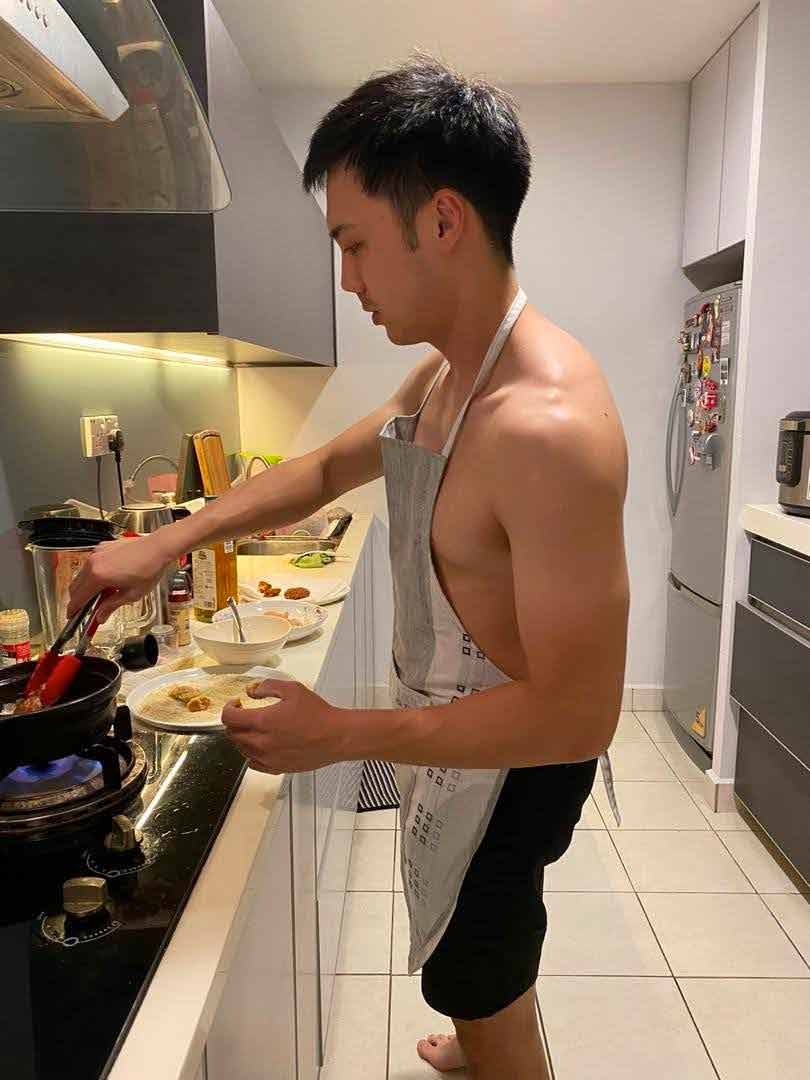
Go Become a Data Scientist
That is why instead of watching tutorial videos or sitting in classes, participants in Data Science Uncut Bootcamp get to work.
Working an hour a day on your data science project may not seem like much. However drip by drip, bit by bit – putting in the work, participants found themselves becoming data-skilled by the end.
At the end of the day, becoming skilled in anything, let alone data science, takes practice.
It’s when we develop the habit and tenacity to do the practice when our small daily efforts compound into something bigger. Einstein once quoted that compound interest is the most powerful force in the world. And learning can be compounded as well.
I have become skilled in cooking by simply putting in the practice. And for you, are you willing to put in the practice to become data-skilled?

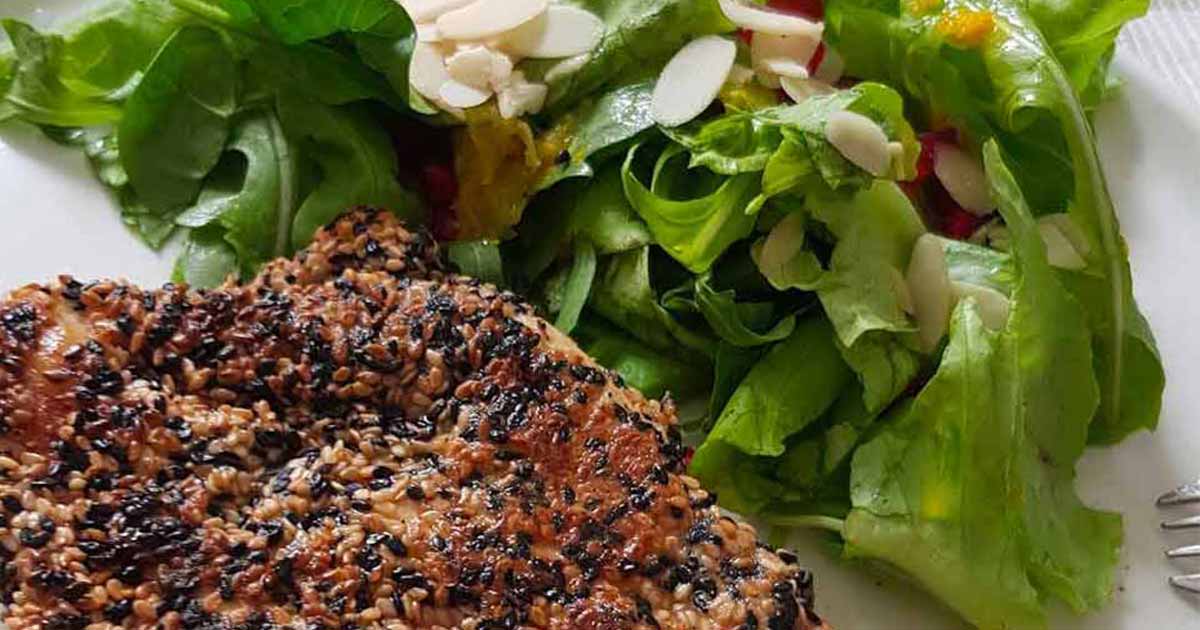
0 Comments